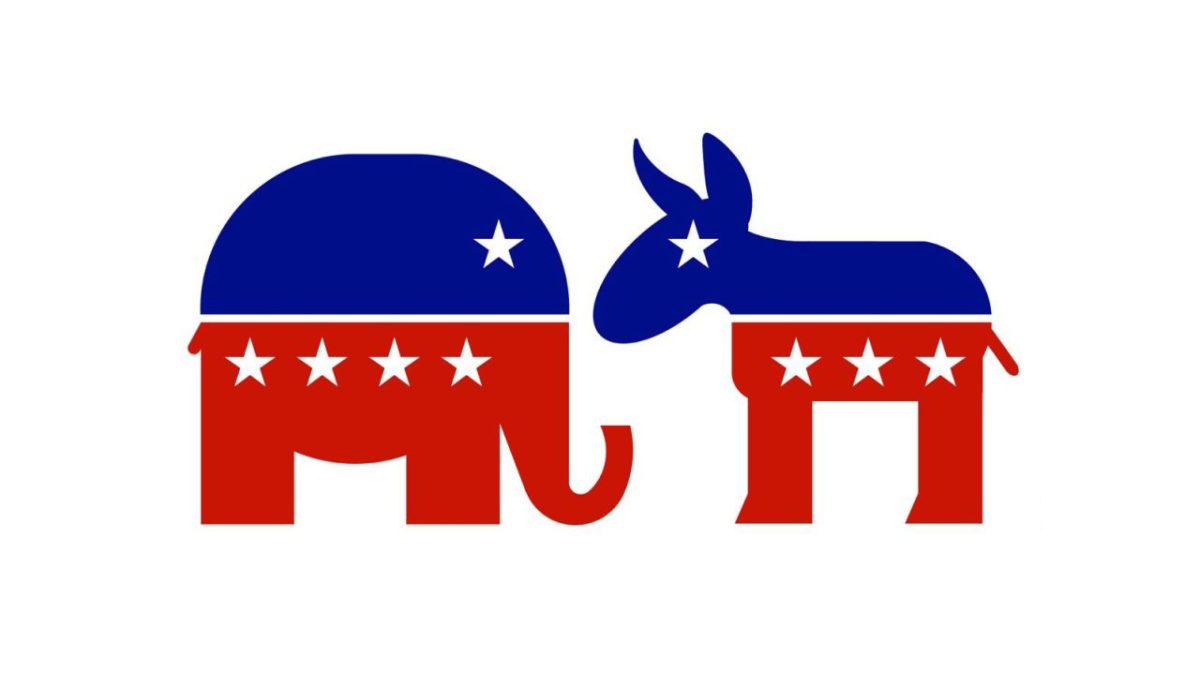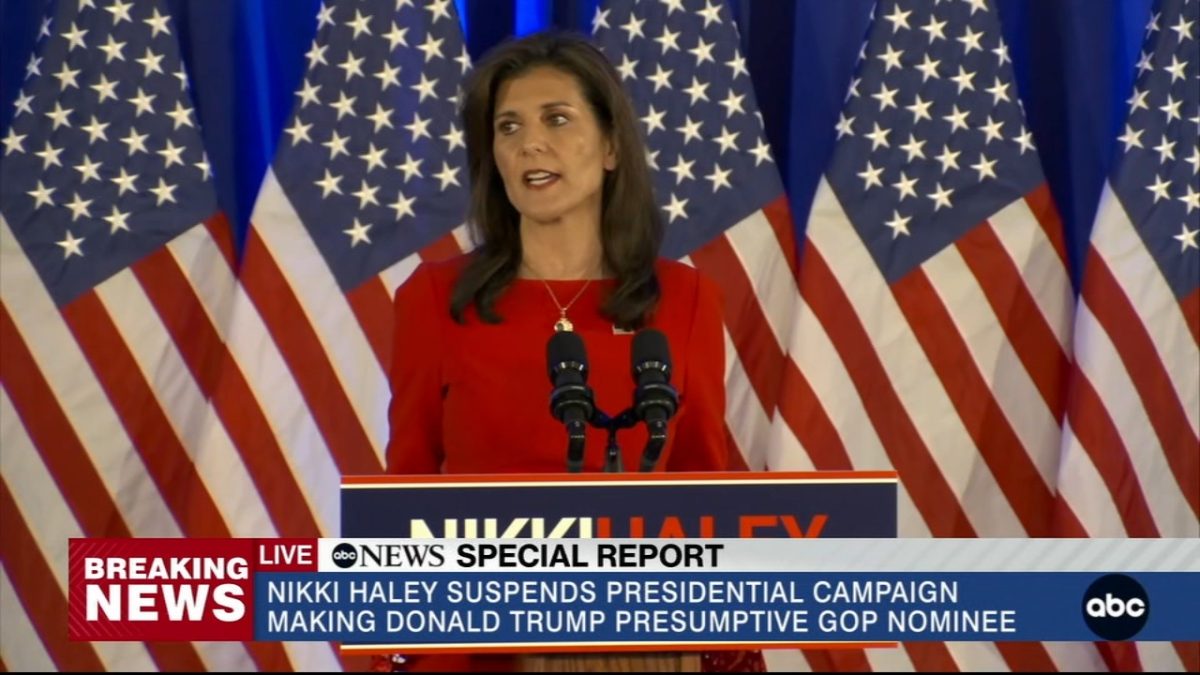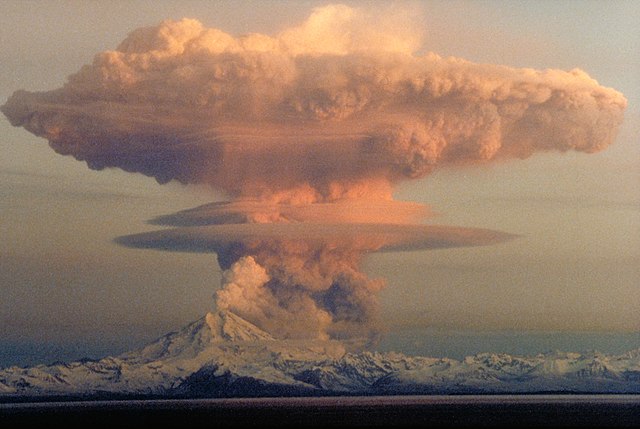In 2023, politics—and what political party one aligns themselves with—is an incredibly taboo topic. As the United States political scene has continued to grow more bipartisan, it can be difficult for students and new-voters to know what political party they align themselves with. Thus, this article sets out to explain the different political parties that exist within the United States, and help you to understand—and maybe even choose—your political beliefs, and what party you align yourself with.
The Democratic party—represented by the symbol of the donkey and the color blue—was created in 1828, and is the oldest active voter-based political party in the world. Put simply, Democrats believe in “expansion.” The Democratic party argues for higher taxes, strong governmental involvement (this usually applies to things like public education, healthcare funded by the government, etc), and overall, supports a mixed Capitalist economy. On social issues, the Democratic party tends to also have more “expanded” political views. Advocating for the legalization of abortion, marjuana, expanding LGBTQIA+ rights, and for a more lenient and liberal approach to the criminal justice and immigration system. Obviously, members of the Democratic party vary in what they believe—those who are more moderate and conservative Democrats might oppose abortion after a certain period (some even oppose it all together), or disagree with criminal justice reform, taking a “tough on crime” approach, whilst more liberal leaning democrats might believe in the legalization of marjuana, without exceptions, or the complete abolition of ICE. Commonly, Democrats are falsely accused of being “communists” or “socialists,” for believing in higher taxes, and better public facilities; however, most Democrats are staunchly anti-Communist, and hard-core supporters of regulated Capitalism. To many people, Democrats are incredibly “liberal” and “left-leaning,” when in reality American democrats fall under a more moderate political umbrella when comparing their beliefs on a global scale.
The Republican party—represented by the symbol of the elephant and the color red—has existed since 1854, and originally organized to support the abolition of slavery. Put simply, Republicans believe in “conservation.” The Republican party often stands in stark contrast to the Democratic party, believing in fiscal conservatism, lower taxes, smaller government, and unregulated Capitalism (which implies less regulations on large business and corporations, and restrictions on labor unions). The Republican party has a fairly complicated relationship when it comes to social issues—being the party to officially abolish slavery, the Republican party stands for individual rights and freedoms. Despite this, Republicans often have more “conservative” views on social issues: believing in increased restrictions over abortion, stronger police force and immigration institutions, and limitation of certain social programs like affirmative actions and welfare. Just as members of the Democratic party vary in their political beliefs, so do members of the Republican party. More conservative or moderate Republicans believe in extremely small government, and the criminalization of all abortion, whilst, more liberal leaning Republicans simply believe in lower taxes to aid in the economy, but support abortion, etc. Commonly, Republicans get the false representation of being only white, conservative, Christians, who hold incredibly hateful beliefs, but the Republican party is a diverse party with a wide range of beliefs.
There exists numerous independent parties—neither fitting under the Republican or Democratic umbrella—which advocate for vastly different political actions. The more conservative independent parties are the Libertarian Party, which promotes extremely unregulated capitalism (often referred to as Laissez-Faire Capitalism), non-interventionism by the government, and the limiting of the government and its institutions. The Constitution Party, another conservative independent party, which believes in a strict interpretation of the constitution—this party advocates for the protection of private property and individuals second amendment rights, as well as the criminalization of abortion, and the belief that marriage is only between one man and one female. The centrist independent parties—those who hold beliefs in both the Democratic and Republican party–are the Alliance Party and the Unity Party. The Alliance party, formed in 2019, believes in “inclusive Capitalism” which emphasizes the protection and support of people, the planet, and profit, in order to make society a better place. The Unity Party, formed in 2004, claims to be “different” than other independent parties—promising to put the humanity and protection of the people over the protection of the dollar. Overall, they make the claim that they exist to protect and solve issues facing America now: global warming, war, and more. Liberal—or “leftist”—independent parties that exist are: The Green Party, The Working Families Party, The Working Class Party, and The Communist Party USA. The Green Party, the party that originally proposed the “Green New Deal,” believes in grassroots democracy, social justice and equality, ecological wisdom and protection of the environment, diversity, and global responsibility. The Working Families Party and the Working Class Party, two minor political parties, endorse and support the protection of the multiracial working class, and the working class in general. Their main focus is about ensuring that large-corporations aren’t dominating the political scene, and instead the government works by the people for the people. Finally, The Communist Party USA, is an extreme-leftist grassroots political organization that believes in the elimination of private wealth from stock speculation, the abolition of private ownership of large corporations, and reducing the exploitation of workers. All of these independent parties exist to give voices to those who don’t necessarily fit into the box of “Republican” or “Democrat;” however, it has been incredibly difficult for these independent parties to gain power, because of the strong two-party system.
It can be difficult to align yourself with a certain political party. Oftentimes we are inclined to blindly follow the beliefs of our parents, agree with the ideas and opinions of our friends, or do, and vote for, who is easiest—or most popular. Despite this, I urge you to ask yourself: what do I truly believe? Not what your parents or friends believe, not what you’ve been told to believe, and not what you think is the “cool” thing to believe. Do your research, ask questions, and seek out more information. Because, at the end of the day, when you step into that voting booth, it’s you who are voting. Not anybody else. When you vote, you are not just exercising a constitutional right, but are influencing your future, your friend’s future, your children’s future, and the future of the United States of America.








